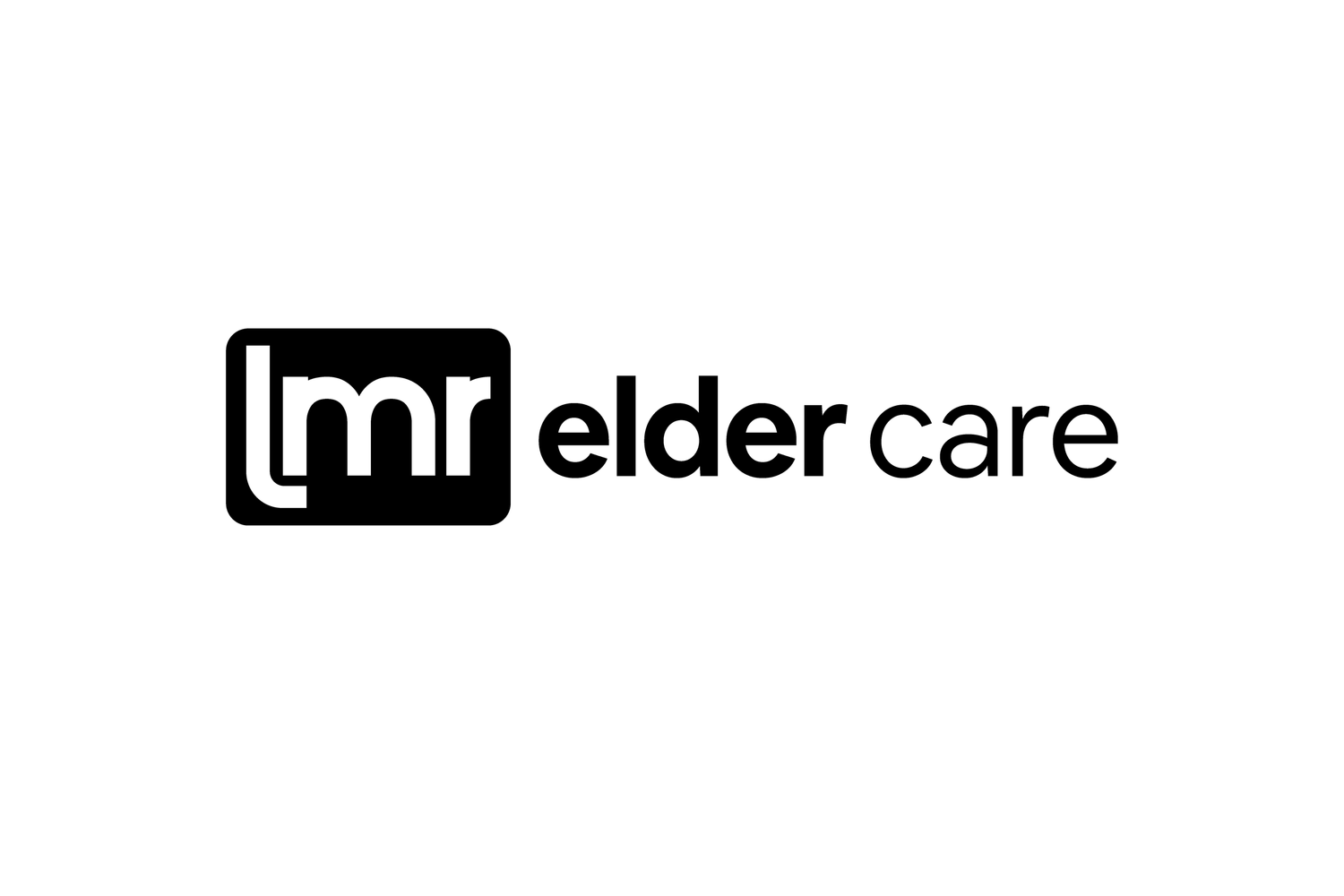PCR is Not Just a Covid test; A 21st Century Approach to Diagnosing and Treating Urinary Tract Infections
Written by: Lisa Bayer, J.D., CCM
Recently, I had the pleasure and privilege of sitting down with Dr. Joseph DiTrolio, and Ms. Pilar Vega, Senior Director of Business Development with Premier Medical Laboratory. By way of history, Ms. Vega and I were speaking one day and she alluded to a qPCR (Quantitative Polymerase Chain Reaction) test that her lab offers patients in multiple care settings. Ms. Vega explained that the results of this type of test is typically available within 24 hours and allows for more pinpoint targeted treatment, or in some cases non-treatment, than the traditional “scorched earth” approach of prescribing a generic antibiotic for urinary tract infections (“UTI”) while waiting 4-5 days for the culture results only to find out that a patient does not have a UTI or the prescribed antibiotic is the wrong one.
Over the past two (pandemic) years we have all become well accustomed to the term “PCR.” I for one did not realize that it is not a Covid-specific test but rather stands for “polymerase chain reaction” which is a type of testing that looks at a pathogen’s DNA profile to identify the organism(s). The qPCR can also detect the genetic makeup (the DNA or genes) of the pathogen to prevent and avoid antibiotic resistance. As a geriatric care manager, most, if not all, of my clients have suffered from at least one, usually multiple, UTIs. I was curious and so Ms. Vega graciously set up a meeting so that I could ask Dr. DiTrolio questions and learn more about this approach.
I asked Dr. DiTrolio to please explain why the qPCR test is preferable to the traditional urine culture and why, if it is not better, it is not the standard of care. At the outset, Dr. DiTrolio explained that 50% of people who present with a possible UTI do not actually have one. Yet, physicians often prescribe antibiotics before testing as the traditional culture takes 3-7 days to get back and they do not want the patient to have to wait. And, while Dr. DiTrolio was too polite to say it outright, I inferred that to do the less traditional qPCR while still a urine collection, may involve a bit more effort to arrange to have the right lab pick up the samples. Meaning, some providers do not take the time or make the effort to become educated and instead rely on 100-year-old protocols. The old “if it ain’t broke why fix it” adage. Yet, in the end it is the patient, our health systems and our children and grandchildren who suffer if we mistreat patients and create drug-resistant organisms in the process.
As Dr. DiTrolio explained, the longer a urine specimen is out of the body, the greater the chance that the results will be tainted. Furthermore, if two or more strains are present, using the traditional method of waiting for a culture gives the “dominant” bacteria strain a chance to destroy or mask the less dominant strain(s). This does not mean that the bacteria are all gone—just that it was not picked up on the traditional culture. And so, we see occurrence or reoccurrence of bacteria that were present but not picked up and therefore not treated properly the first time around.
The qPCR test is covered by Medicare so it is not a payor or reimbursement issue. In fact, by procuring a reliable, quick test it can actually save money and produce better outcomes. This is because if the antibiotic is wrong then the patient does not only not get better, but he/she will need another course of treatment. Overuse and inappropriate use of antibiotics can lead to additional morbidities such as Cdiff recurrence, gastrointestinal disturbances and yeast infections. A severe, untreated UTI in a patient with multiple health problems is also more likely to end up in the hospital. In the worst case it can lead to death.
In sum, it is important for caregivers, patients and their advocates, such as geriatric care managers, to ask questions of physicians and other providers and to insist on meaningful explanations and answers so that the care recipient has the opportunity to make informed and educated decisions on his or her care.
*Joseph DiTrolio, MD, is Urologist in private practice in Roseland, NJ. He serves as Professor and Chairman of the Board for the New Jersey Medical School Alumni Association, his alma mater. He holds numerous patents and has authored and presented on hundreds of papers and articles all over the world. Dr. DiTrolio is committed to the care and support of our beloved veterans. Since graduating medical school in 1979 he has been affiliated with the East Orange Veterans Administration focusing on injuries and illnesses related to the urological system.
*Pilar Vega’s background is in business and the life sciences. She has over twenty years of experience in healthcare with a focus on diagnostics, pharmaceuticals and medical equipment. branches of the industry. Pilar is a committed advocate of optimal care for every patient regardless of means or life circumstance.

